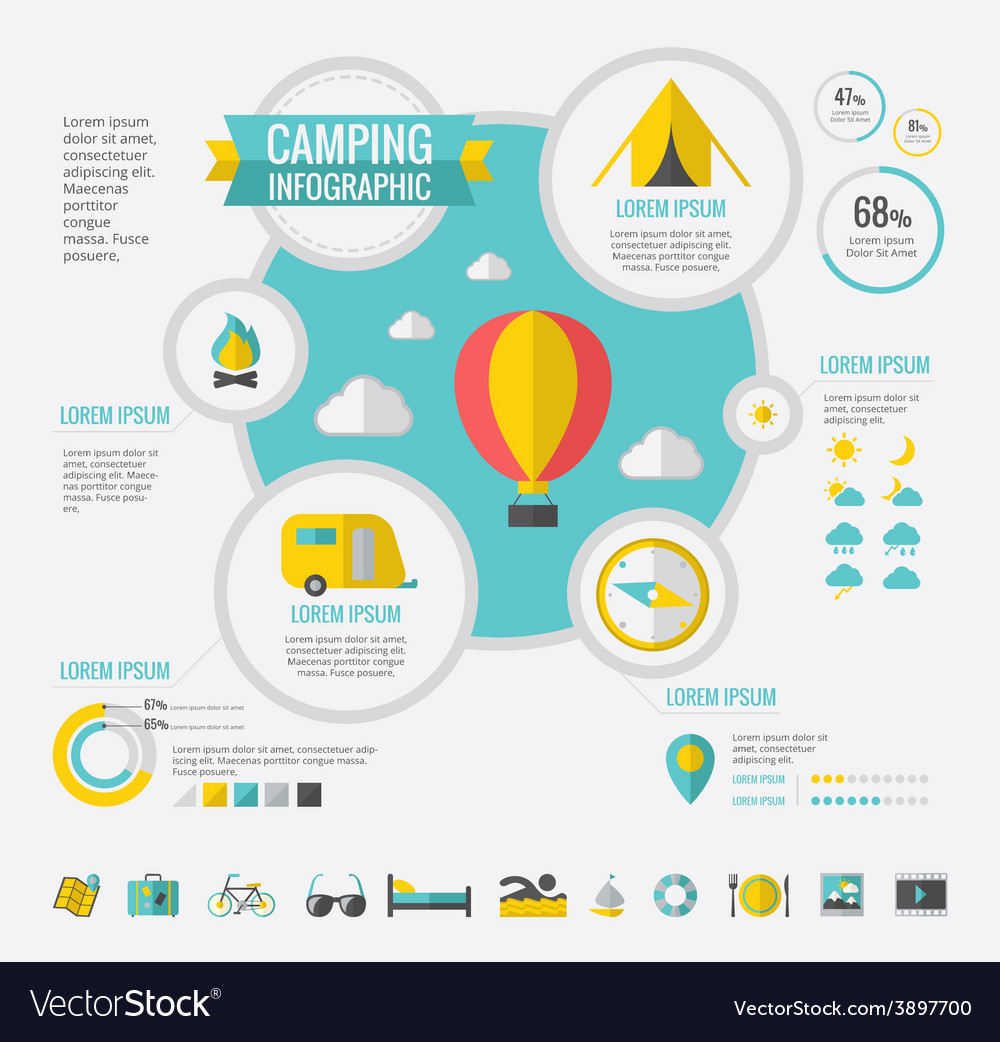Picking the right frame material is crucial for occasion outdoors tents. Whether it's coated steel for budget plan camping tents or plated light weight aluminum for heavy-duty applications, there are lots of considerations to bear in mind.
Steel structures prevail in lower-priced pop-up tents however are prone to deterioration even with finishings and need normal upkeep. Aluminum is lightweight, naturally withstands rust, and stands up well in damp or seaside settings.
Steel
When it involves ensuring the resilience of customized camping tents, the product utilized in their frameworks plays a crucial duty. Steel and light weight aluminum alloys both supply costs durability, but each offers unique benefits that make it suitable for different kinds of atmospheres. Steel is optimal for tough conditions, while aluminum excels in withstanding rust and reducing maintenance expenses.
When event hosts select the right tent for their needs, they require to take into consideration variables like anticipated climate condition. As an example, framework camping tents typically carry out better in windy or rainy problems than post camping tents because they don't count on a central post to support the framework. However, the links between framework items can compromise in high stress and anxiety circumstances. Recognizing these weaknesses and executing regular assessments can help prevent possible damage.
Steel structures are hard to reduce, weld or shape, which can call for specialized devices and raise labor expenses. On top of that, they tend to corrosion or wear away easily and may require additional security or coatings. Furthermore, steel is really heavy and can create issues when carrying a cover. It's likewise hard to store for extended periods of time due to the fact that it takes up a lot more room than aluminum frameworks.
Light weight aluminum
Aluminum is a popular framework product for canopy tents since it's light-weight, rust-resistant, and very easy canvas sling bag to transfer and set up. It additionally gives a more steady sanctuary throughout gusty conditions than steel frameworks. Light weight aluminum is much less vulnerable to tearing and any damage can be conveniently fixed, prolonging the life of the tent. It likewise breathes to minimize condensation and supplies superior acoustic insulation to moisten outside sound.
The longevity of light weight aluminum frame tents is even more improved by the all-natural oxidation properties of the metal. It creates a small oxide layer that secures the surface area from rust and discolorations. Thus, the longevity of an aluminum pop up camping tent can be improved even further when the frame is anodized.
Anodized aluminum is stronger than steel and can endure high wind speeds. Additionally, the layer stands up to deterioration and discolorations, expanding the life-span of the outdoor tents. In addition, plated light weight aluminum is recyclable and lasting, making it suitable for organizations looking for LEED qualification. The mix of these buildings makes light weight aluminum an extra economical choice than steel for big, durable tents, such as those used to accommodate industrial tools and stockroom supply. Steel, on the other hand, is extra pricey since it needs expensive alloys such as nitrogen, molybdenum, and chromium to enhance strength.
Iron
Iron frame tents commonly last approximately 15 years if the ideal care and maintenance is applied. This consists of consistently cleansing textile and checking metal components for corrosion and wear. By taking these actions, occasion hosts can take full advantage of the reliability of their frames and guarantee their continued performance in tough atmospheres.
Steel is an optimal material for creating long lasting camping tents, especially for usage in extreme weather. It is a solid, strong, and cost effective material that offers security and durability for a wide variety of applications. Nonetheless, steel is prone to rusting in damp and coastal settings. The addition of safety finishes and regular upkeep can assist to mitigate this threat, but these initiatives enhance overall upkeep costs.
On the other hand, aluminum is an extra long lasting choice for a personalized camping tent as a result of its natural oxidation buildings. When anodized, aluminum ends up being super-strong and up to 3 times more difficult than typical aluminum alloys. This makes plated aluminum the second-hardest material next to ruby (satellites, aircraft, and armed forces vehicles all utilize anodized aluminum). Along with its durability, anodized light weight aluminum is also extra resistant to corrosion than steel. These factors make aluminum a superb option for turn up canopy camping tents and add to their ability to lug longer warranties (5, 7, and even life time frame warranties). In addition, aluminum is 1/3 the weight of steel permitting a much thinner frame layout for more personalization alternatives and enhanced toughness.
